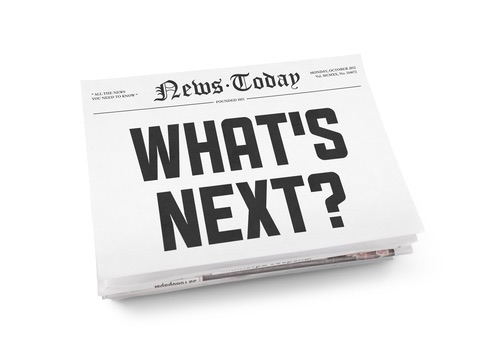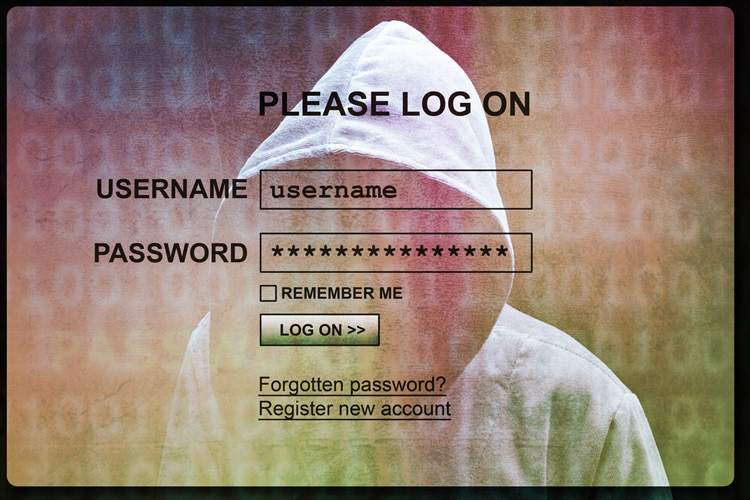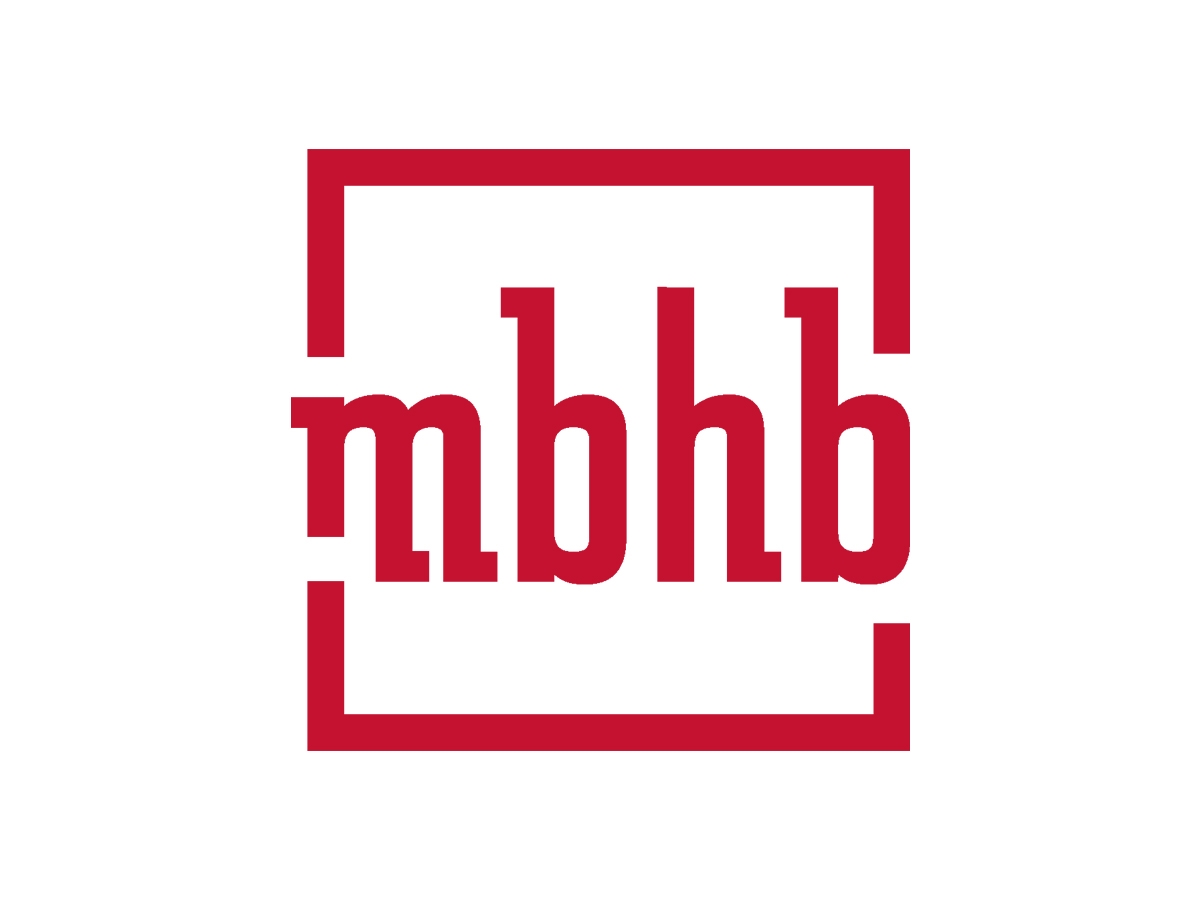As Trump Administration takes shape, a big tech pick for USPTO seems far-fetched
Support IPWatchdog with a personal sponsorship: Click here
By this time, most Americans and people around the globe are aware that Donald J. Trump was reelected President of the United States. He is only the second person to serve two consecutive terms in history. President-elect Trump has been settling on nominations for his Cabinet and more, identifying former Arkansas Governor Mike Huckabee as his nominee for Ambassador to Israel, tapping current Federal Communications Commission (FCC) Commissioner Brandon Carr to become head of the agency, and most recently, nominating Howard Lutnick for Commerce Secretary, among many others.
In our space, the nomination of most consequence will be that of Undersecretary of Commerce for Intellectual Property and Director of the U.S. Patent and Trademark Office (USPTO), which is not a Cabinet-level appointment, but will be the person who will most directly influence patent and trademark policy during Trump’s second term.
Generally, the pick to head the USPTO is one that does not come quickly, with the head of America’s innovation agency normally being identified no earlier than late Spring or early Summer, after the President has been sworn into office. The speed with which President-elect Trump has been assembling his team makes it impossible to predict how quickly Undersecretaries of the agencies will be named, especially now that he announced his nomination for Howard Lutnick. .
The Rumor Mill May Be Wrong
Regardless of the speed at which we may hear from President-elect Trump on whom he chooses to head the USPTO, the rumor mill has already started in earnest, with at least several people reportedly jockeying for the position and making their interest known. Trump has a history of disliking those who jockey for positions, especially when they are public. Even if the jockeying is not public, but only known to insiders, Trump is likely to be dismissive. Simply put, anyone who is interested in a nomination or willing to accept one should not get out ahead of the President-elect Trump. And, for that reason, although some individuals are well-known inside the Beltway to be interested and are believed to be marshaling support, we will not speculate ourselves on any names.
Nonetheless, some people who claim to be in the know believe that there is one particular big-tech candidate who is the front runner for the position as USPTO Director. This rumor is odd to say the least, even if it’s true. No matter if you agree with or disagree with President-elect Trump’s nominees, most people would not look at the names of those that have been announced and think they are insiders. Trump ran on a platform of change, a generational change which would disrupt the way politics is conducted inside the Beltway. It would be schizophrenic to have the FCC investigating big tech at the same time the USPTO is handed over to big tech. This observation is not surprising to anyone who has been paying attention. In addition to the often repeated “drain the swamp” mantra that marked the first Trump term, the focus on nominating outsiders who are willing to have a disruptive influence just does not seem to foretell the nomination of an individual from big tech, or who thinks like big tech.
Observers have also noticed that President-elect Trump seems very interested in avoiding the appointment mistakes he suffered through during his first term, this time focusing on allies he will be able to reliably count on to pursue his agenda and not their own, or the agenda of entrenched or incumbent powers. It is difficult to imagine that Trump would choose someone from big tech to be his USPTO director, given that big tech has been so supportive of Presidents Obama and Biden. This view, together with such keen interest in disruptive outsiders, just doesn’t seem to suggest that anyone with close ties to big tech would be the right person for the job in a second Trump Administration.
An AIA-Era Pick is Also a Stretch
At a time when there is increasing bipartisan interest in working to streamline the much-maligned Patent Trial and Appeal Board (PTAB)–with the PREVAIL Act pending and soon to be marked up by the Senate–would anyone closely tied to the creation of the PTAB be able to deliver the type of disruptive change President-elect Trump wants? According to Senator Chris Coons, (D-DE), 18 out of the 20 petitioners who challenge patents before the PTAB come from big tech. A review of PTAB submissions shows Apple, Samsung, Google and Microsoft in the top 10. Can a candidate from the big-tech group bring the disruptive changes that President-elect Trump promised, or will they be more of the old-same-old candidate? With the winds of change already percolating, it seems anyone who was closely associated with the America Invents Act (AIA) that created the PTAB wouldn’t be the right choice.
Whether you like the PTAB or dislike the PTAB, it is indisputable that the PTAB was sold to Members of Congress as an alternative to federal patent infringement litigation but for a variety of reasons has become an onerous additional layer of expensive procedure for patent owners to survive before they are ever able to seek redress in federal court for IP theft. Thus, being in support of status quo at the PTAB just doesn’t feel like the type of transformative position that makes the agency better and stronger, or the type of change being offered elsewhere throughout government, at least based on Trump’s nominees.
What We Need
It feels like what the USPTO needs is a patent attorney who is intimately familiar with at least some aspect of the patent system, whether that be through experience representing patent owners in patent litigation or patent challenges at the PTAB, or someone who has familiarity with the patent acquisition system and the consequences of being inappropriately denied by career bureaucrats. A patent attorney who is familiar with the system would be a great asset, given that more than 90% of the USPTO’s work involves the examination and issuance patents. If President-elect Trump is looking for a disruptive force who will do good in the system, then he needs someone who has advised real patent owners and innovators who are seeking patents and is willing to promote innovation. The next USPTO director must be able to understand what works and what needs reform in order to deliver the generational change that President-elect Trump desires. Encouraging more innovation, particularly in areas of critical and emerging technologies, like artificial intelligence, should be a mandatory prerequisite.
Over much of the last generation, the patent system has been too often run by individuals beholden to the interests of incumbent big tech at the expense of real people engaging in disruptive innovation. The next USPTO director must be able to understand the struggles of small businesses, startups and real people who are willing to take risks and make a paradigm-shifting change. Those challenging the innovation status quo with new ideas and technologies have something worth protecting and simply deserve a fair opportunity to obtain the patent rights envisioned by the Constitution.
Image Source: Deposit Photos
Author: bloomua
Image ID: 16891083






